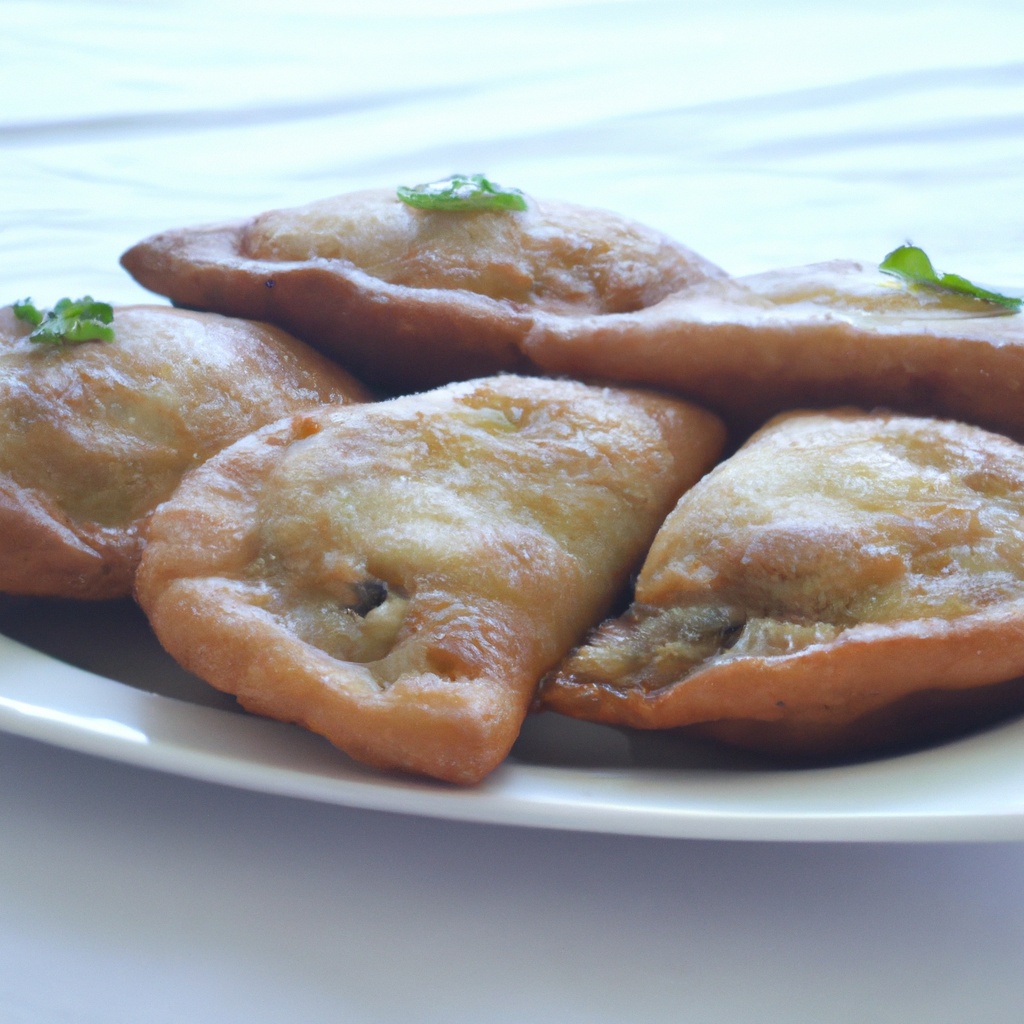PROS
These Senegalese Pasties are a delicious snack or appetizer that can be served hot or cold.
They are easy to make and can be prepared in advance, making them perfect for entertaining guests.
They are also a great way of using up leftover fish and giving it a new, exciting flavor.
CONS
These pasties are deep-fried, which makes them high in fat and calories.
They are not suitable for people who are on a low-fat or low-calorie diet.
They are also not gluten-free, which may be an issue for people with gluten intolerance.
HEALTH & BENEFITS
These pasties are a rich source of protein and omega-3 fatty acids, which are important for maintaining a healthy heart and brain.
The leek and garlic in the filling are also known for their immune-boosting and anti-inflammatory properties.



/rating_off.png)
Leave a Reply